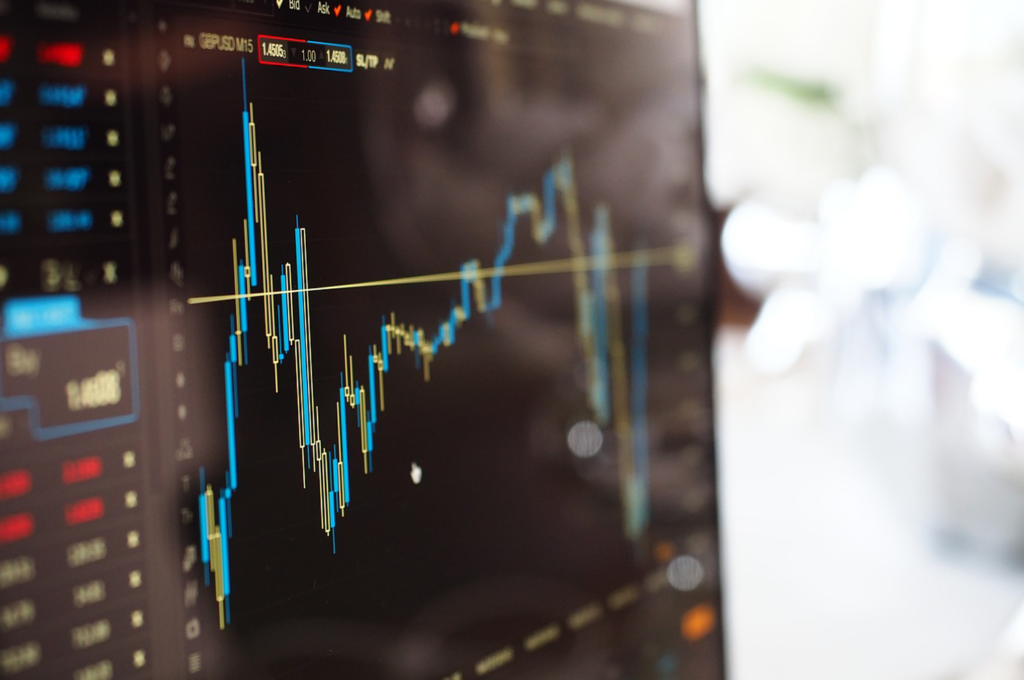CSE researchers win Best Paper Award at ICAIF 2024

CSE researchers received the Best Paper Award at the 2024 ACM International Conference on AI in Finance (ICAIF) for their paper titled “The Effect of Liquidity on the Spoofability of Financial Markets.” The authors were recognized for their innovative exploration of market liquidity’s impact on the spoofability of financial markets.
ICAIF brings together researchers from across academia and industry to share the latest findings exploring the impact of artificial intelligence (AI) on finance. The Best Paper Award recognizes groundbreaking research in this area and is awarded to just one paper each year. The above paper by CSE researchers was selected from 99 total accepted papers for its significance in advancing our understanding of market manipulation and its deterrence.
The research was led by first author Anri Gu, an undergraduate computer science student at the University of Michigan, and coauthored by recent PhD alum Yongzhao Wang, PhD student Chris Mascioli, assistant research scientist Mithun Chakraborty, and Michael P. Wellman, Lynn A. Conway Collegiate Professor of Computer Science and Engineering. Other coauthors on the study are Rahul Savani of the University of Liverpool and Theodore L. Turocy of the University of East Anglia.
Utilizing an agent-based market simulator, the team investigated how varying levels of market liquidity affect the profitability and impact of spoofing strategies. Spoofing involves placing deceptive orders to manipulate market prices, an illegal yet prevalent practice. Their experiments showed that higher liquidity significantly diminishes the profitability and market disruption caused by spoofing.
The paper’s main contributions include the development of advanced spoofing strategies using reinforcement learning and parameter optimization, which outperformed existing baseline strategies. The study also underscored the resilience of high-liquidity markets to spoofing, revealing that such environments are less vulnerable to manipulation. Conversely, markets with low liquidity were found to be more susceptible to spoofing, resulting in greater disruption and profit potential for manipulators.
Additionally, the researchers examined how the frequency of spoofing attempts impacts their success, finding that frequent spoofing is more effective in less liquid markets but less significant in highly liquid markets.
This research provides insights for regulatory bodies seeking to detect and prevent market manipulation. By understanding how market liquidity influences spoofing behaviors, regulators can develop more effective strategies to maintain market integrity.
 MENU
MENU 
